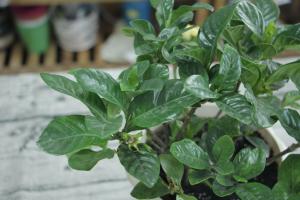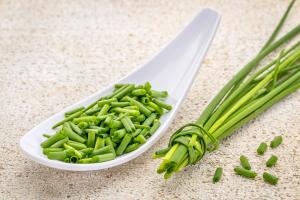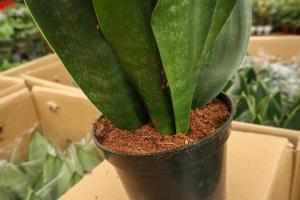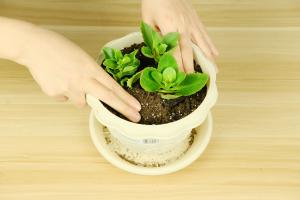Is it Safe to Plant Vegetables in Plastic Pots?
One of the most popular and cost-effective ways to grow vegetables is in plastic pots. However, many gardeners are hesitant to use plastic pots due to concerns over safety. In this article, we will explore the safety of using plastic pots to grow vegetables.
The Safety of Plastic Pots
Plastic pots are non-toxic and safe to use for growing food. They are made from high-density polyethylene (HDPE), polypropylene, or polystyrene, which are all considered safe for food contact. These materials are inert and do not react with the soil or the plant roots. Furthermore, plastic pots do not release any harmful chemicals into the environment or the food grown in them.
The Benefits of Using Plastic Pots
Plastic pots are popular among gardeners for several reasons. Firstly, they are lightweight and easy to move, which makes them convenient for gardeners who do not have a permanent growing space. Secondly, plastic pots can be reused for several growing seasons, which helps reduce waste and conserve resources. Finally, plastic pots are less likely to break or crack compared to terracotta or ceramic pots, which means they are a cost-effective option for growing vegetables.
The Drawbacks of Using Plastic Pots
While plastic pots are generally safe and convenient, they do have some drawbacks that gardeners should be aware of. Firstly, plastic pots do not breathe as well as terracotta, ceramic, or clay pots, which can lead to poor drainage, root rot, or other soil-related problems. Secondly, plastic pots can easily become overheated in direct sunlight, which can cause the soil to dry out quickly and impact the growth of the plants. Finally, plastic pots are not as aesthetically pleasing as other types of pots, which may be a concern for some gardeners.
Tips for Using Plastic Pots
To ensure the safety and success of growing vegetables in plastic pots, here are some tips to follow:
Use high-quality plastic pots made from food-grade materials.
Choose pots with adequate drainage holes to prevent overwatering and root rot.
Use a high-quality potting mix that contains sufficient nutrients and organic matter.
Place the pots in a location that receives partial sun and shade to prevent overheating.
Water the plants regularly but do not overwater to avoid soggy soil and root rot.
Fertilize the plants with a balanced fertilizer to promote growth and fruiting.
Clean the pots thoroughly between growing seasons to prevent the buildup of pests and diseases.
Conclusion
In conclusion, plastic pots are safe and convenient for growing vegetables, as long as they are made from food-grade materials and used properly. With the right growing conditions and care, plastic pots can produce healthy and bountiful crops, even in small spaces or urban environments. So, do not hesitate to use plastic pots for your vegetable garden and enjoy the benefits of fresh, home-grown produce!

 how many times do yo...
how many times do yo... how many planted tre...
how many planted tre... how many pine trees ...
how many pine trees ... how many pecan trees...
how many pecan trees... how many plants comp...
how many plants comp... how many plants can ...
how many plants can ... how many plants and ...
how many plants and ... how many pepper plan...
how many pepper plan...
































